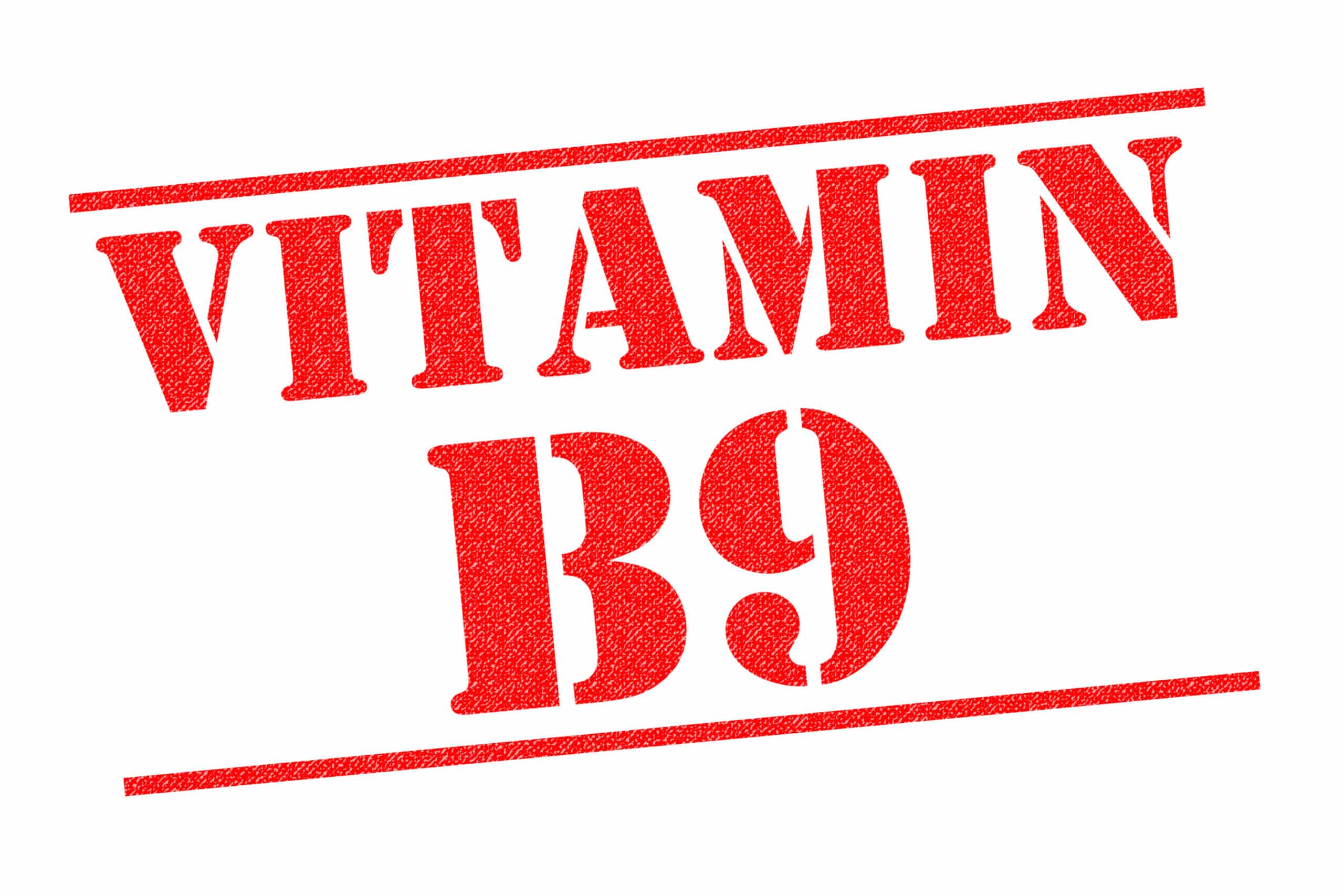Vitamin B9 is an essential nutrient that naturally occurs as folate, this serves many important functions such as playing an important role in cell growth and the formation of DNA. Low levels are associated with an increased risk of several health conditions including elevated homocysteine, birth defects, and cancer risks. Supplementing is common for these reasons, and fortifying food with vitamin B9 is mandatory in many countries.
Folate is the naturally occurring form of this nutrient, leafy green vegetables are among the best dietary choices for folate. The active form of vitamin B9 is a folate called levomefolic acid or 5-MTHF; most dietary folate is converted into 5-MTHF in the digestive system before entering the bloodstream.
Folic acid is the synthetic form of vitamin B9 that is used in supplements and is added to processed food products. Not all folic acid is converted into the active form in the digestive system, rather it needs to be converted in the liver and other tissues, which is a slow process. Even a small dose may not be completely metabolized until the next day, this problem can become worse when fortified foods are consumed along with folic acid supplements; this is concerning as high levels of unmetabolized folic acid has been associated with several health problems. Studies suggest that taking other B vitamins along with folic acid, especially B6, helps to make the conversation more efficient.
Chronically elevated levels of unmetabolized folic acid has been indicated to possibly have adverse health effects such as an increased cancer risk and an undetected B12 deficiency; small daily doses of 400 mcg may be enough to cause unmetabolized folic acid to build up in the bloodstream. Although a high intake is a concern the implications are unclear, and more research is required before strong conclusions can be made.
Folate is the natural form of vitamin B9, while folic acid is the synthetic form. The best choice for vitamin B9 is to obtain it from high folate whole food choices such as avocados, asparagus, Brussels sprouts and leafy green vegetable like lettuce and spinach. Some people such as those who are pregnant may be advised by their doctor to take a folic acid supplement to ensure they have adequate intake. Some supplements contain 5-MTHF also called levomefolate which is considered to be an adequate alternative to folic acid.




